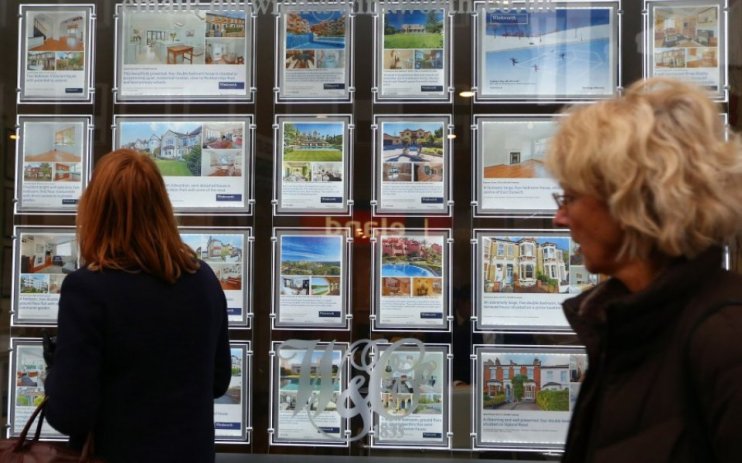House buying falls ‘dramatically’ as market feels absence of stamp duty holiday

UK property transactions are “dramatically lower” than a year ago, as the market feels the absence of the pandemic-era stamp duty holiday.
Residential deals in April plunged nearly 14 per cent in comparison with 12-months ago, and are 10.5 per cent lower than in March, according to the government’s latest data.
Meanwhile, non-residential transactions, which can include six or more residential properties bought in a single deal, fell seven per cent year-on-year and 16.7 per cent in comparison with last month.
Analysts have hailed a return to more normal levels in the market, following a pandemic-fuelled frenzy. While calls for stamp duty model reform appear to be growing, in a bid to further balance the market.
Chairman of property consortium Jackson-Stops, Nick Leeming, said that “after a remarkably long cycle of eye-watering house price growth, we may be at long last seeing the scales of supply and demand become more balanced.
“The loosening up of the housing market is good news to sellers who were previously holding back in fear of not finding a suitable onward purchase. A boost in supply should mark the end of this period of stalemate,” he added.
The mortgage rates rise in December had temporarily deterred prospective buyers, with property transactions collapsing by more than 23,000 in January.
However, provisional data for March and April suggests that deals have returned to similar levels to that seen at the end of last year.
While dealmaking has fallen from its pandemic peak in June 2021, where more than 191,000 property transactions were completed in one month – prices remain at record levels.
Tomer Aboody, director of property lender at MT Finance has questioned whether its “time to rework the stamp duty model in order to assist the market, encourage more people to sell and contain pricing?
“Transactions are dramatically lower than the same month last year when the stamp duty holiday was in place, providing sellers and buyers with further motivation to move.
“It’s therefore not surprising that we are seeing month-on-month growth in house prices due to reduced stock levels, increased competition and still low interest rates, although these are on the rise,” he said.